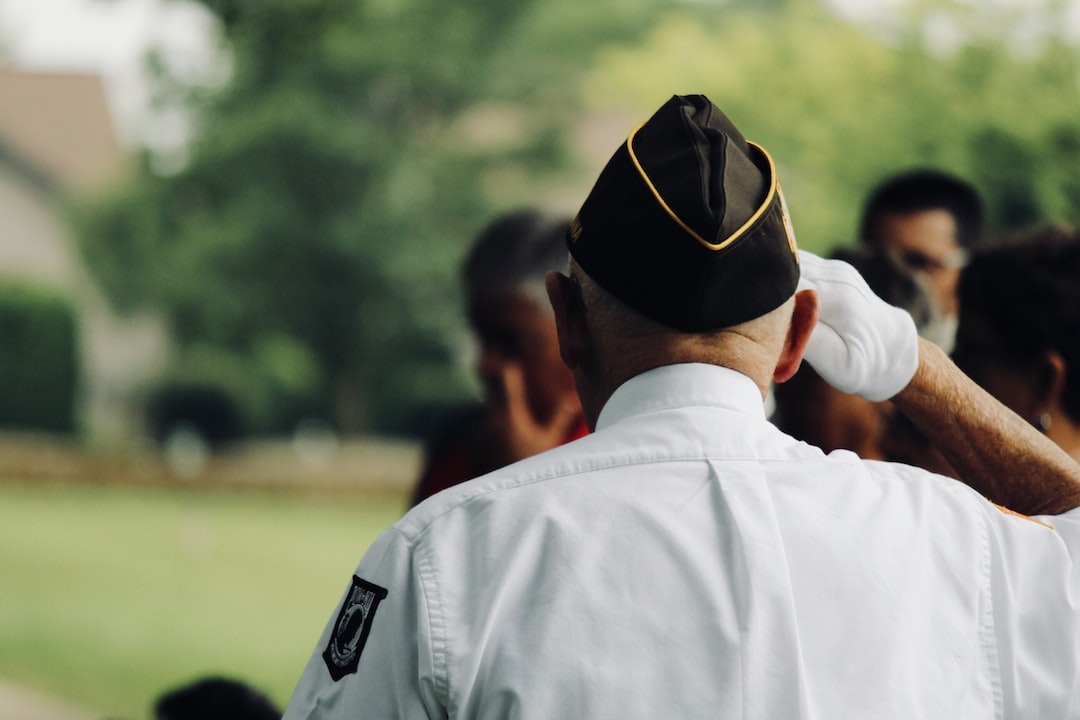At Hawaii Island Recovery, we understand that retired veterans face unique mental health challenges, including major depressive disorder, anxiety, post-traumatic stress disorder (PTSD), and substance use disorders. Many veterans struggle with psychological trauma from their service, often turning to alcohol or other substances as coping mechanisms. These issues can significantly impact their quality of life and overall well-being. We recognize the importance of addressing these concerns with specialized care that honors their service while providing effective treatment.
Embrace change in recovery!
Our deeply-caring staff and the surrounding natural beauty offer an unparalleled healing experience.
I had never seen as much empathy in my entire life in a setting such as this
– Paul, Army Veteran
By choosing Hawaii Island Recovery, veterans can access a supportive, understanding environment where they can address their mental health and substance abuse issues, develop healthy coping strategies, and work towards a fulfilling, substance-free life. Don’t let the invisible wounds of service hold you back any longer – reach out to us today and take the first step towards healing and recovery in our serene Hawaiian setting.
The Unique Challenges of Retired Veterans
I truly felt that people cared and because I felt they care I began to care for myself
– Paul, Army Veteran
The people here gave me hope, that is something that I did not have when I walked through the doors
– Paul, Army Veteran
Addiction Among Veterans
Begin Your Healing in Paradise
Call Our Compassionate Specialists Today.
Kai’s Story About His Time at Hawaii Island Recovery
I got into this program and that’s when my life changed
– Kai, Army Veteran
Trauma in Active Duty
Active duty military personnel often face significant mental trauma due to the unique stressors and experiences of their service. Combat exposure, prolonged deployments, and witnessing or experiencing life-threatening situations can lead to a range of mental health challenges. Post-traumatic stress disorder (PTSD) is particularly prevalent among active duty service members, with symptoms including intrusive thoughts, nightmares, and hypervigilance.
The intense nature of military training and operations can also contribute to traumatic brain injuries (TBI), which may have long-lasting effects on cognitive function and emotional regulation. Additionally, military sexual trauma (MST) is a serious issue that affects both men and women in the armed forces, often leading to severe psychological consequences.
Coming here was the best decision I ever made
– Kai, Army Veteran
Finding Treatment for Retired Veterans
I owe my life to this place.
– Kai, Army Veteran
Creating Your Treatment Plan
Create your mental health treatment plan by collaborating with a healthcare professional who understands the unique challenges faced by retired veterans. Discuss your specific symptoms, concerns, and goals to develop a tailored approach that addresses your individual needs. Consider incorporating evidence-based therapies such as prolonged exposure therapy, which can help you process traumatic memories and reduce the impact of PTSD. Your treatment plan may also include medication to manage symptoms of anxiety, depression, or other mental health conditions. Address any physical health concerns that may be impacting your mental well-being, such as chronic pain or memory issues related to traumatic brain injury. Gather information about holistic approaches that can complement traditional treatments, such as exercise, nutrition, and mindfulness practices.
Begin Your Journey Today
If you’re ready to start your journey, it’s only one call away.

FAQ – Veteran Mental Care
How can online counseling benefit veterans with mental health issues?
Online counseling offers veterans convenient access to mental health professionals, reducing barriers such as transportation and scheduling. Telehealth services provided by the VA and platforms like Hawaiian Recovery can help veterans manage conditions like anxiety, depression, and PTSD, improving their overall quality of life.
Platforms provided by the United States Department of Veterans Affairs, such as the Veterans Health Administration, and organizations like the Wounded Warrior Project, deliver comprehensive telehealth services tailored to veterans’ unique needs. These services include cognitive behavioral therapy, prolonged exposure therapy, and medication management, all conducted by mental health professionals who understand the psychological trauma and specific challenges veterans face. By providing a safe and confidential space for veterans to discuss their concerns, online counseling enhances the accessibility and quality of mental health care, ultimately improving their overall well-being.
In addition to offering personalized treatments for PTSD and other mental health conditions, online counseling platforms can integrate various therapeutic approaches such as eye movement desensitization and reprocessing (EMDR) and cognitive processing therapy. These therapies are effective in managing symptoms like flashbacks, nightmares, and anxiety associated with traumatic brain injury and military sexual trauma. Veterans can also benefit from peer support, a critical component in reducing feelings of isolation and promoting recovery. Furthermore, the use of online counseling can facilitate timely intervention for those experiencing suicidal ideation or acute stress disorder, connecting them to crisis hotlines like the Veterans Crisis Line for immediate assistance. By leveraging technology, veterans gain greater access to essential mental health services, helping them cope with stress and rebuild their lives post-service while also addressing the comorbidity of addiction and mental health disorders.
What are the signs and symptoms of PTSD in veterans?
What types of therapy are available for veterans with mental health issues?
Frequently Asked Questions
How much does treatment cost?
Your insurer may cover some or all of the cost of treatment. Depending on your carrier and policy, you may be responsible for the deductible and there may also be a co-pay. The cost of treatment is dependent on the length of stay and the level of care that is deemed medically necessary to support your recovery.
How can I verify my insurance?
What is detoxification, or “DETOX”?
What are the benefits of flying away from home for treatment?
What is the length of stay?
How can I deal with trauma / PTSD?

